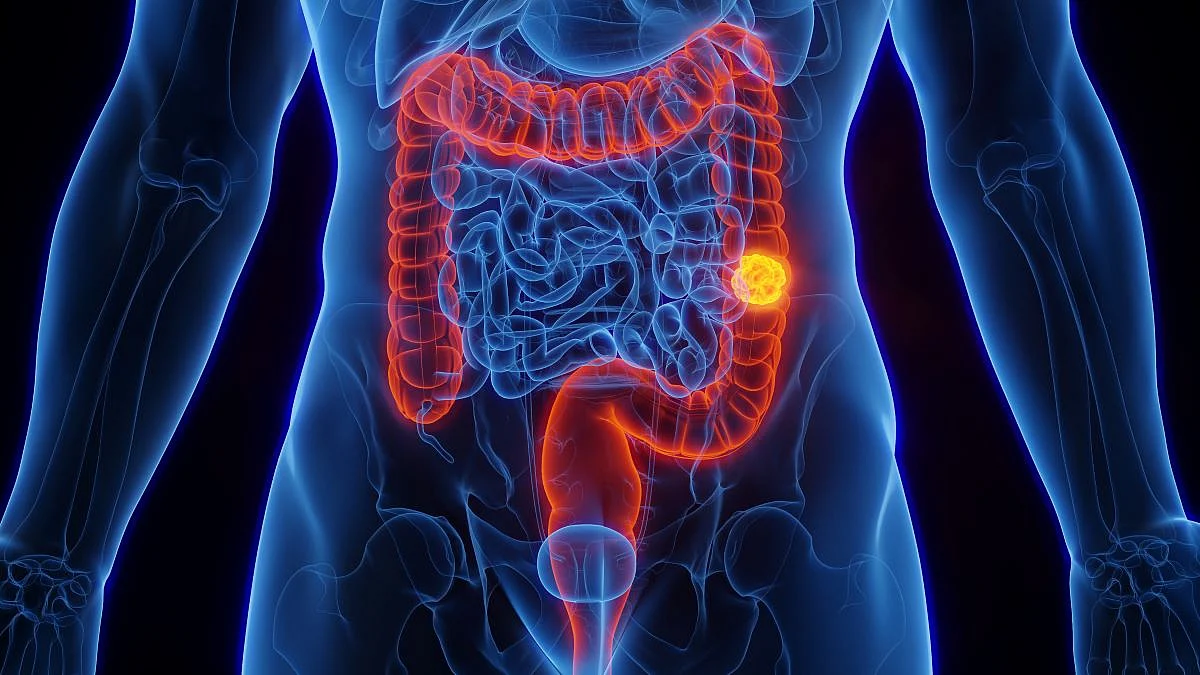Second study shows increase in up-to-date CRC screening prevalence
By Elana Gotkine HealthDay Reporter
THURSDAY, Aug. 7, 2025 (HealthDay News) — Among adults aged 45 to 49 years, local colorectal cancer (CRC) incidence increased from 2019 to 2022 and CRC screening increased from 2019 to 2023, according to two studies published online Aug. 4 in the Journal of the American Medical Association.
Elizabeth J. Schafer, M.P.H., from the American Cancer Society in Atlanta, and colleagues examined trends in CRC incidence among adults younger than 55 years (219,373 total cases). The researchers found that the incidence of CRC increased steadily by 1.6 percent annually since 2004 among adults aged 20 to 39 years and by 2.0 to 2.6 percent annually among adults aged 40 to 44 and 50 to 54 years since 2012. An increase of 1.1 percent annually during 2004 to 2019 accelerated to 12.0 percent annually during 2019 to 2022 among individuals aged 45 to 49 years. Local-stage tumors drove the steep increase, with increases from 9.4 to 11.7 per 100,000 to 17.5 per 100,000 in 2019, 2021, and 2022, respectively.
Jessica Star, M.P.H., also from the American Cancer Society, and colleagues examined changes in CRC screening uptake among adults aged 45 to 49 years from 2019 to 2023. The researchers found that up-to-date CRC screening prevalence increased from 20.8 and 19.7 percent in 2019 and 2021, respectively, to 33.7 percent in 2023 (adjusted prevalence ratio [APR], 1.62 for 2023 versus 2019); colonoscopy prevalence increased from 19.5 and 17.8 to 27.7 percent, respectively (APR, 1.43); and stool-based testing increased from 1.3 and 2.7 to 7.1 percent, respectively (APR, 5.37).
“It’s not only thrilling to see the increase in colorectal cancer screening among younger adults, but also how it likely ties into rises in earlier-stage diagnosis,” Star said in a statement. “However, we still have a long way to go. Screening for colorectal cancer in ages 45 to 49 remains suboptimal and has not increased equitably by both educational attainment and insurance status.”
Abstract/Full Text – Schafer (subscription or payment may be required)
Abstract/Full Text – Star (subscription or payment may be required)
Editorial (subscription or payment may be required)
Copyright © 2025 HealthDay. All rights reserved.








